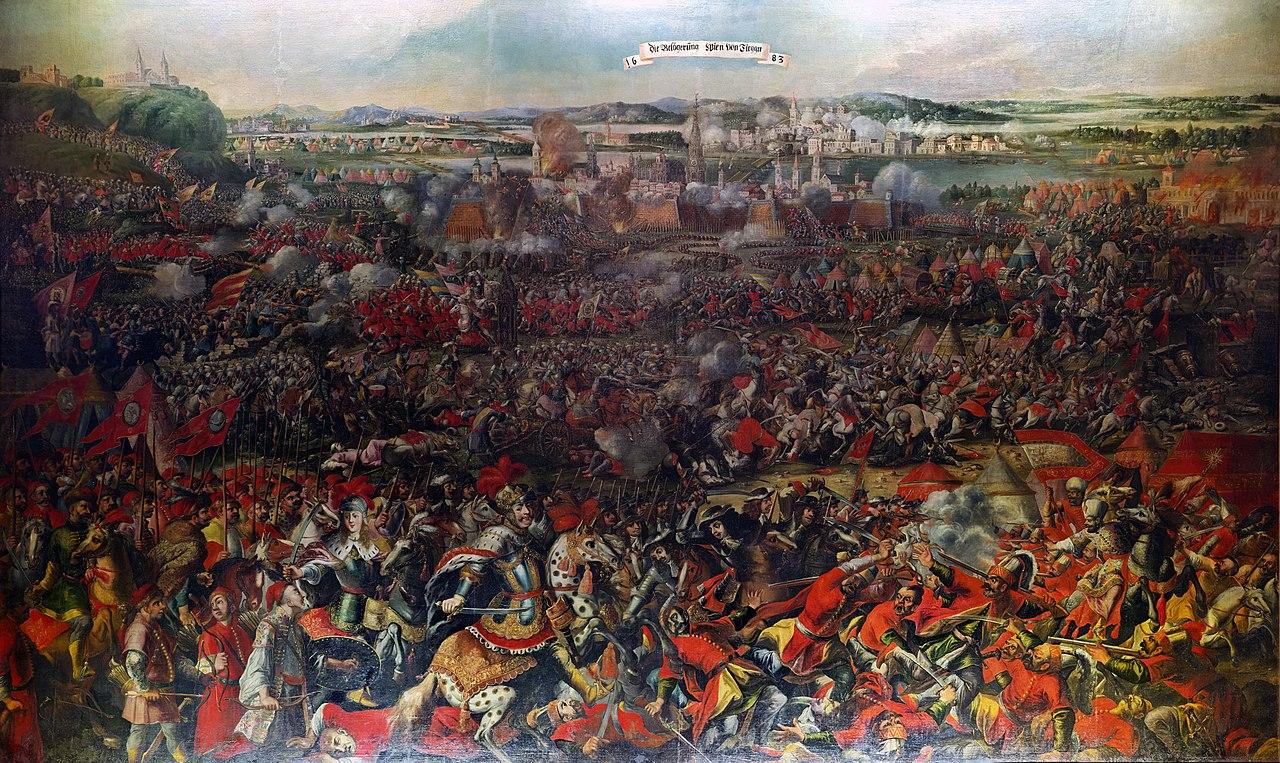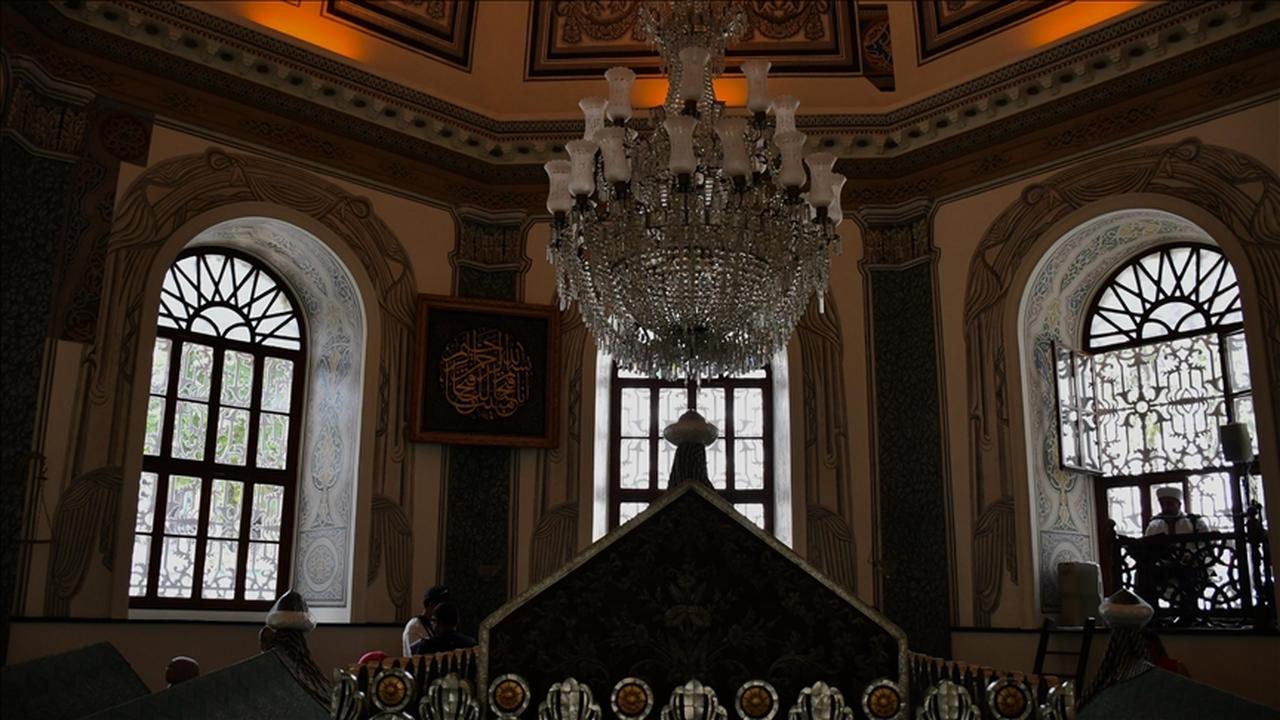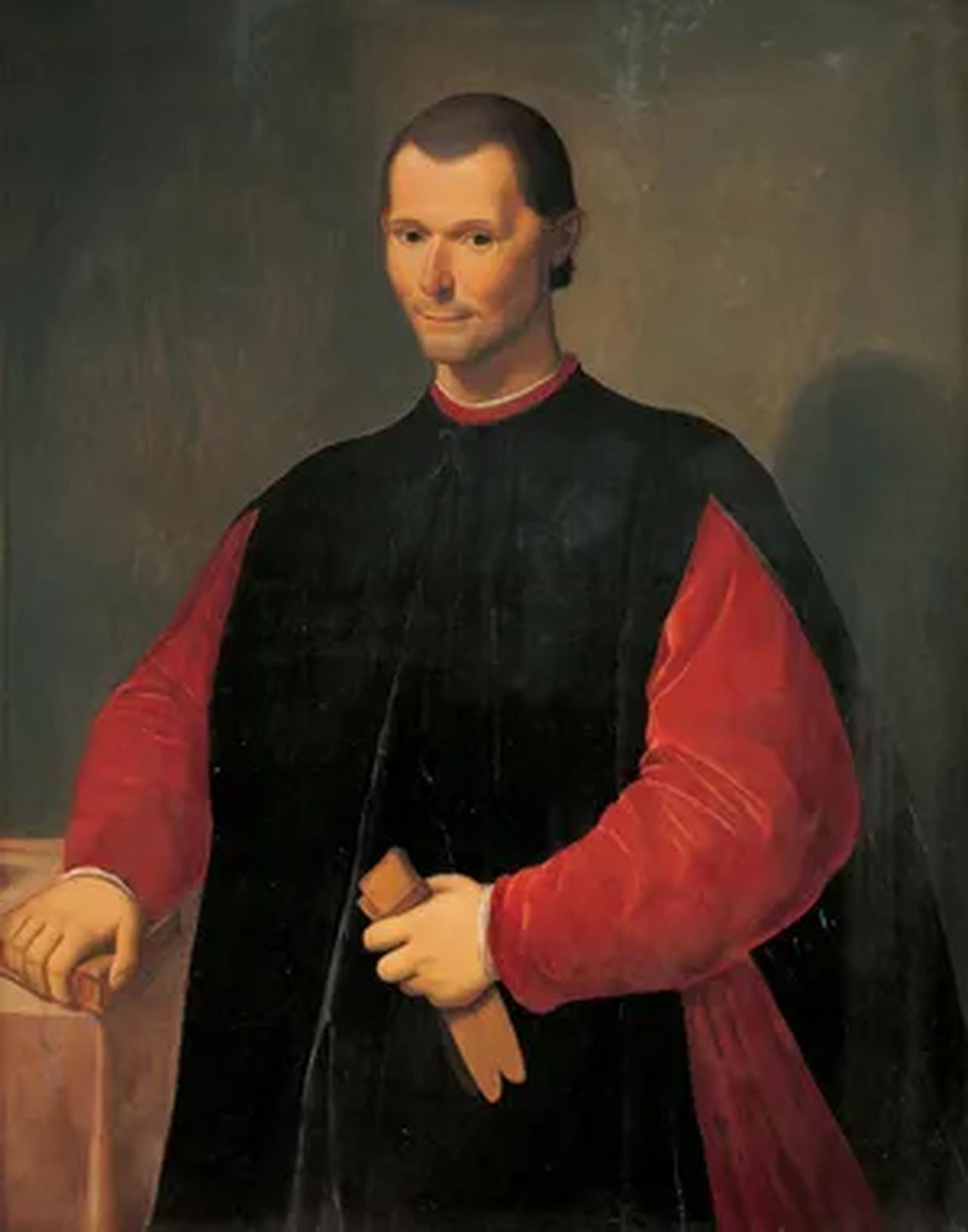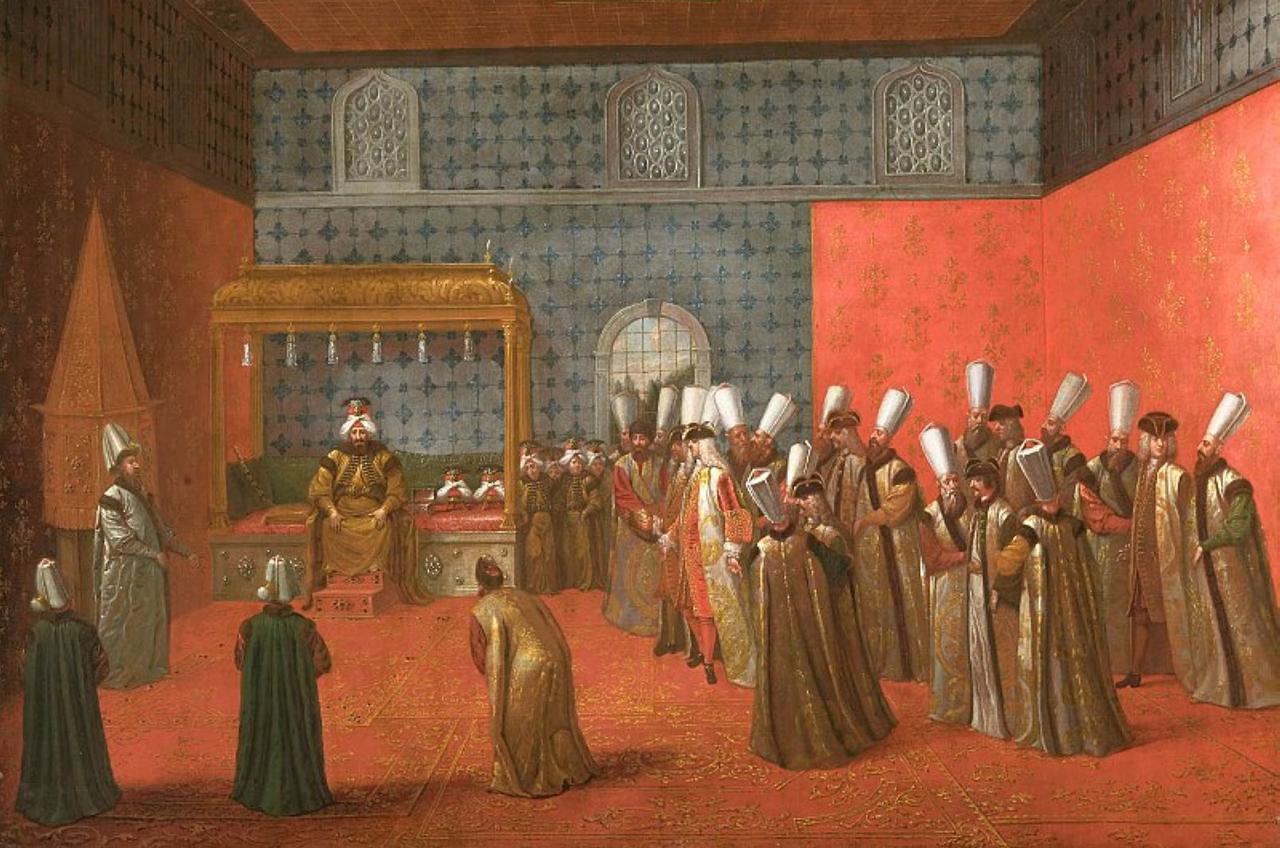
European intellectuals were once staunch enemies of the Turks due to geopolitics and historical enmities. Many European thinkers wrote works on how to dismantle the Ottoman Empire. Alongside this, the Ottoman style of governance was also cited as an example in the works of intellectuals.
In the 16th century, theorists of absolutism in Europe, such as Jean Bodin and similar thinkers, stated that the Ottoman Empire was an example of an ideal political system. Writers and thinkers like Giovio, Frense-Caneye, and Busbecq also praised the Ottoman military and administrative system in their works.
Erasmus, a renowned European thinker who gained great fame with his book "The Praise of Folly," in his work "Utilissima Consultatio de Bello Turcis Inferendo .." (A Most Useful Consultation Concerning the War Against the Turks), described the Turks as barbarians of obscure origin. He stated that they had conquered a significant part of Europe due to the differences in opinion among Christians and then emphasized the need to liberate their brethren who were now under captivity. While Erasmus did not justify religious war, he argued that for Christianity to survive, the Turks needed to be eliminated.
Another famous European thinker and scientist, Francis Bacon, in his work "An Advertisement Touching An Holy Warre," written in 1622 and published in London in 1629, argued that waging war against the Turks was justified by the laws of nature, human laws, and sacred laws.
The famous German philosopher Gottfried Wilhelm Leibniz, in his work "Memoire de Leibnitz a Louis 14, sur la conquete de l'Egypte, publie avec une preface..." (Leibniz's Memoir to Louis XIV, on the Conquest of Egypt, published with a preface...) presented to King Louis XIV of France in 1672, told the Sun King that "the conditions for the dissolution of the Ottoman Empire are very favorable, and not only Egypt but the entire East awaits a liberator whom it will fearlessly follow in revolt."
Leibniz put forward very appealing ideas to persuade Louis XIV to go to war: "If France wars with Holland, it can only find allies by paying for them. However, if it wars against the Turks, many will come to Your Majesty's aid. The Pope, the Italian princes, Sicily, and Spain will support you. When the anticipated success in the Egyptian war is achieved, the sea and land routes of Eastern trade will be seized. The honor of being the commander-in-chief of the Christians and the elimination of the Turkish Empire will belong to the King of France. The title of Emperor of the East, the arbiter of the world, and the ruler of the Christian world will be remembered with glory and honor for the king."

Niccolo Machiavelli, whose ideas are still debated today thanks to his work "The Prince" on political science, also mentions the Ottomans in his work and compares France with the Ottoman Empire. Machiavelli states that to maintain control over conquered territories, the conquerors must reside in those regions, and he cites the situation of the Turks in Istanbul as an example of this idea. The author says that the issues related to holding a newly conquered country appear in two forms, and this situation stems from the administrative system of the countries. He stated that conquering the Ottoman Empire is very difficult, but once occupied, it is easy to hold.
According to Machiavelli, the difficulty in seizing the Turkish State is that there are no nobles to invite invaders from within, and no popular uprising occurs. Because the Ottoman Empire is unified, aggressors will have no support other than their own strength to achieve success. However, once the Turks are defeated and their army completely destroyed, there is no need to fear anyone outside the ruling family. After the members of the dynasty are killed, an administrative order can be easily established because there are no nobles respected by the people to provide leadership.
Machiavelli states that the opposite is true in France, which he presents as a second example. France is a country that is easy to invade but difficult to hold. The reason for this is the feudal lords.

Martin Luther, the founder of Protestantism, wrote extensively about the Turks. Despite the great fear that arose in the Christian world due to the Ottomans' advance in Europe, Luther wanted the war to be waged against the Pope in Rome before the Turks. Like all of Germany, Luther was caught between "Turkish hope" and "Turkish fear."
He was constantly asked to write something about waging war against the Ottomans. Catholics claimed that the Turkish threat, like all evil, originated from Luther.
In response, Martin Luther wrote a book titled "On War Against the Turk." Its first edition was published in April 1529, and it went through nine printings in the same year.
Luther stated: "Since the Turk is the angry scourge of God and the servant of the devil who destroys and lays waste, it is necessary to defeat his master, the devil, before the Turk, to take away God's scourge, and to leave the Turk alone. The clergy should explain that God has inflicted the devilish Turks upon the Germans because of the countless sins and ingratitude committed. Christians should not only fight the Turks physically, as the Pope and his followers say. They should see the Turks as God's wrath and scourge and protect themselves with prayer, lamentation, and sacrifice. Whoever despises this counsel also despises the Turk. I would like to see what such people can do against the Turk. Those who wish to fight against the Turks should gather under the emperor's banner. The emperor is the representative of God's order and the commander of the army. In such a situation, loyalty to the emperor is loyalty to God. Moreover, if the emperor wishes to eradicate infidels and enemies of Christianity, he should first wage war against the Pope, bishops, and other clergy instead of fighting the Turks. There is enough irreligion and anti-religious activity within the Empire."

Being staunchly against the Pope, Martin Luther said if the Pope had the power of the Turks, he would do more evil than the Ottomans did.
He wrote extensively on the comparing the Pope with the Turks: "The only difference between the Turk and the Pope is that the Turk takes up the sword. War against the Pope and the Turk is one and the same. Both commit the same sins. Desiring Turkish rule is one of the greatest sins. This situation is a denial of the oath of allegiance to one's true rulers. It cannot go unpunished. Those who curse their ruler and run to the Turks will never live in peace of conscience among the Ottomans. Unless they flee the Turks and return to their true rulers, they will feel regret and pain. Their bodies will be among the Turks, but their souls will always long for here."